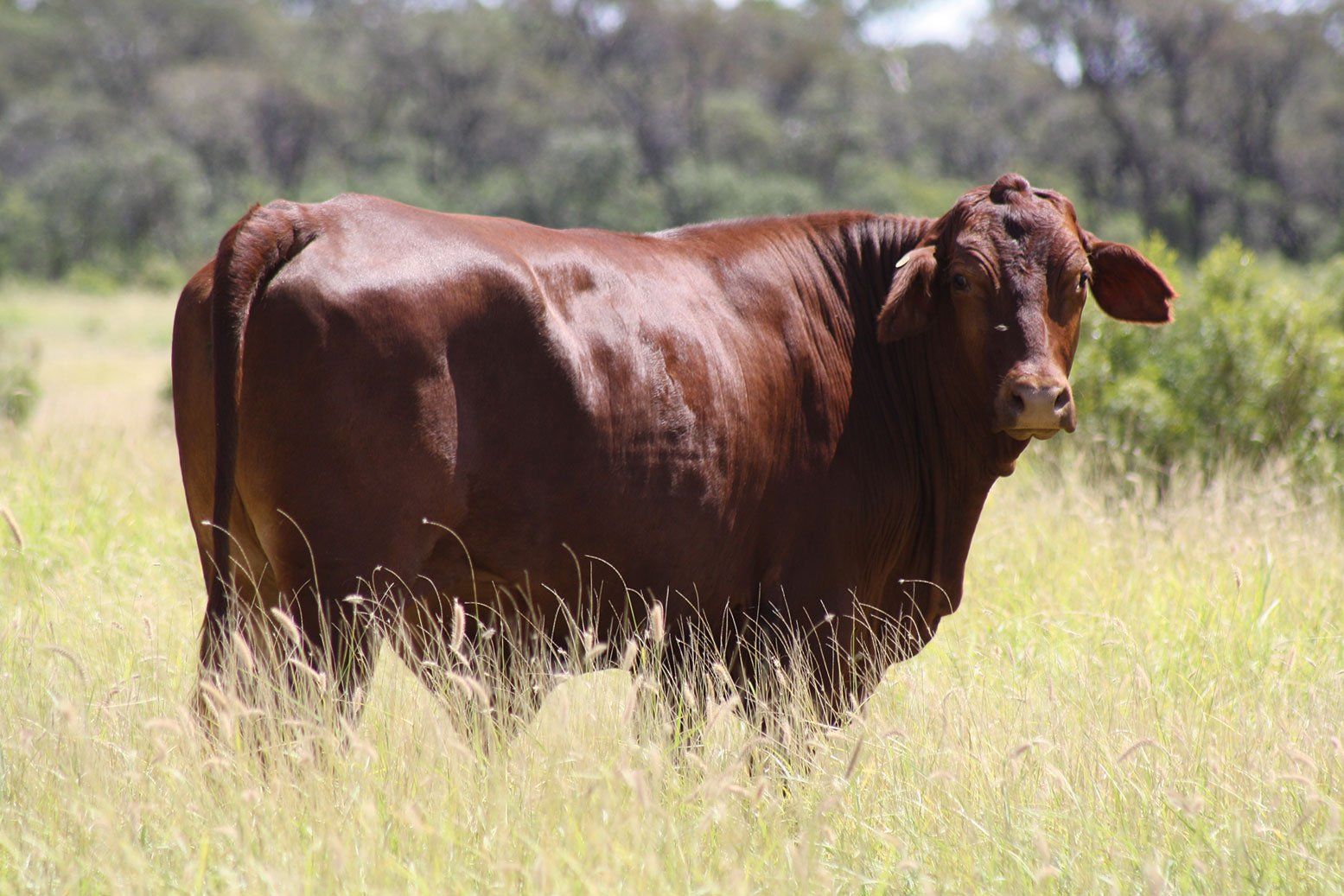1MG FlippingBooks
Feeding the booming organic demand
Australian Certified Organic is the largest certifier of organic goods in the country. Products sporting the distinctive Bud logo not only have the advantage of certification, but also the market assistance provided by its parent company, Australian Organic Ltd. With global demand for organic produce steadily rising, the considerable advantages and opportunities in gaining organic certification are invaluable.
Nearly 30 years old, Australian Organic (formerly Biological Farmers of Australia) was established to progress the interests of farmers and processors who wanted to promote and protect the message of organic products. A subsidiary, Australian Certified Organic (ACO), was set up in 2001 to certify products according to organic standards, and its distinctive Bud logo can be found on over 80 per cent of all certified organic products sold in Australia. With direct government accreditation or certification agreements with all major trading countries (including China, Korea and Japan), the Bud logo is becoming increasingly familiar to consumers around the world.
While Australian Organic is a not-for-profit organisation (and therefore does no commercial facilitation), it plays a very important role in international markets by working with foreign governments to ensure that products bearing the Bud logo meet the organic standards set by the importing country. As an example, after many years of hard work with the Korean government, ACO was the first foreign certification agency to offer organic market accreditation for any producer (Australian or otherwise) trying to access Korea.
In addition to its certification and market access efforts, Australian Organic also: offers membership that allows farmers and others in the supply chain to have a say in the strategic direction of the organisation; hosts industry networking events; and commissions a biennial market report to track market growth and consumer sentiment. According to Chairman Dr Andrew Monk, Australian Organic’s most important role is ensuring that the products its subsidiary certifies meet the necessary standards, while also ensuring high levels of integrity in organic standards.
“Our emphasis is on managing integrity in the supply chain so that products that are certified organic under our brand are exactly that,” says Dr Monk. “It’s probably the single biggest focus we have – to ensure that the activities, from farm level through to retail, are enhanced by legitimate worldwide market access that is recognised for its integrity.”
With the consumer understanding of and demand for organic products booming around the world, organic certification provides advantages in both market access and farm gate returns.
“Organic certification allows you to realise some additional value that is implicit in a lot of good Australian product and tap into the clean and green reputation of Australian produce both domestically and overseas,” says Dr Monk. “You can then claim a premium for the extra hard work put into ensuring the compliance and seek higher-value markets.”
One company that has seen the benefits of certification with ACO is Arcadian Organic and Natural Meat Company. Producing organic beef and lamb that is sold domestically and exported to nine countries, Arcadian has seen demand for organic meat outstrip their supply and is a beneficiary of the reputation of ACO’s Bud logo.
“The ACO Bud logo is very well-recognised – the world knows it’s a safe product and that they can trust anything with the Bud logo on it,” says Arcadian Livestock Manager Peter Gall. “In the last two to three years there has been a big take-up of organic certification in the farming world as people have seen the sort of premiums we can achieve.”
The current focus for Australian Organic is the Chinese market, as the country’s thriving middle-class develops a taste for Australian food products. Driven by the commercial interests of their clients and members, the organisation is working hard to improve market access and the flow of certified products into China.
“China is the biggest sleeping giant in terms of market access and it’s only just waking up now,” says Dr Monk. “As a well-positioned country with a great reputation for high standards of integrity and good produce, we have huge opportunities to supply organic products to that market.”

















